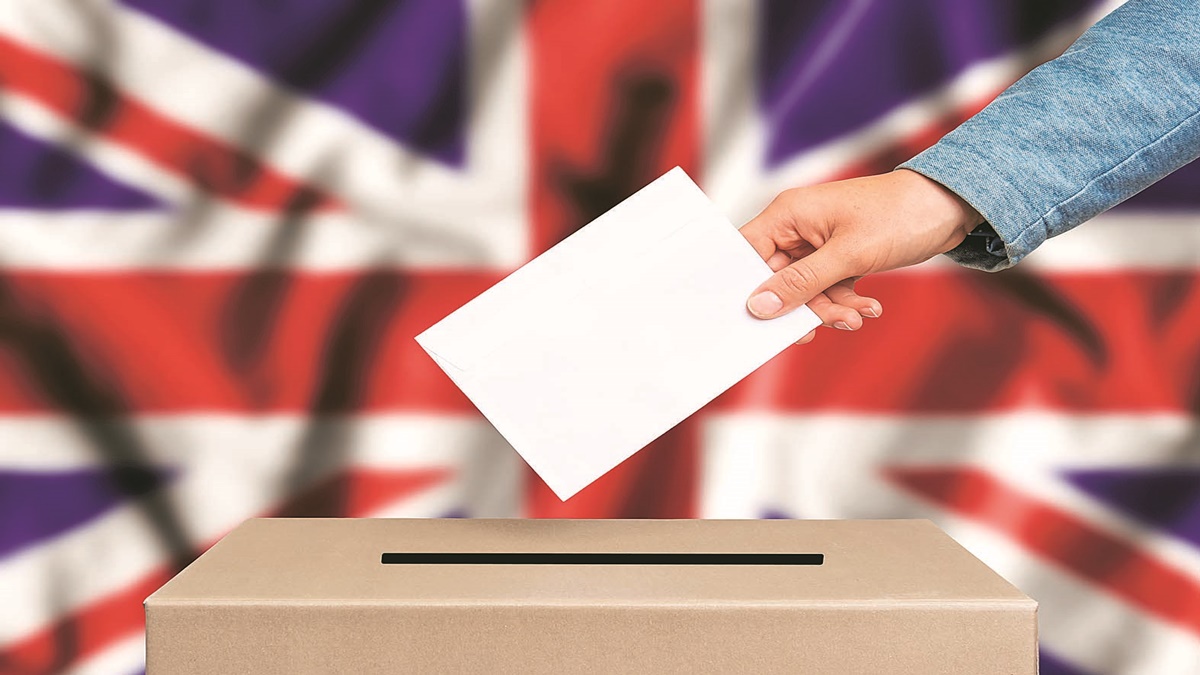The United Kingdom announced on July 17 that voting age in the country is being lowered from 18 years to 16 years, to be enacted from the next general elections in 2029, or sooner if the prime minister so wishes. The move, making the UK one of the fourteen countries in the world with a voting age below 18 according to the World Population Review, has raised eyebrows and incited myriad reactions from the global community in the days following. The last time the UK announced a revision in the voting age was in 1969, when it was lowered from 21 to 18 years.
Debate over maturity and political alignment
In the UK itself, while the House of Commons required the voter to be of age 18, the Scottish and Welsh Parliament and local government elections all maintained a voting age of 16 years. A briefing on the UK House of Commons Library website mentions the current debate over this decision gripping the country, elaborating that supporters of the revised voting age believe it would help increase political engagement of younger people since 16 and 17-year-olds already have significant rights in the country; while those against (Conservative Party and Democratic Unionist Party) have questioned the maturity of 16-year-olds to vote, and called the decision a partisan move as younger generations tend to lean left or centre in their politics.
Deputy Prime Minister Angela Rayner has gone on record saying she became a mother at 16 years, people go to work and pay taxes at 16 years, and so should have a vote at 16 too. Opponents of the move have extended equally insistent arguments, saying that the right to vote at 16 should be accompanied with the right to purchase alcohol and go to war at 16 as well. Once the bill becomes a law after passing through the Parliament, more than 1.5 million more UK citizens will be eligible to vote in the elections. As of now in some countries, including the US, 17 and 16-year-olds are allowed to vote in primary elections if they will be turning 17 or 18, respectively, that very year. Theories have begun circulating as to whether or not other countries will also follow suit and join the few on the map that have a voting age of 16. In India, the voting age was originally 21 years, and was brought down to 18 years in 1989.
What the rest of the world is doing
Of the 248 countries in the world, including those not recognised by the United Nations (193 countries and two others without seats in the General Assembly), over 200 of the countries maintain a voting age of 18, with a few countries allowing voters aged 16 years in case they are employed, like in Slovenia or Bosnia-Herzegovina, and only for the local elections in Estonia. As for Luxembourg, a proposal to lower the voting age to 16 was rejected in a nationwide referendum in 2015.
While about 85% of the countries go by the voting age of 18 years, the remaining 15% can go as low as 16 years or as high as 25 years. As per the World Population Report, Indonesia, North Korea, Greece and Timor-Leste have a blanket voting age of 17 years. Solomon Islands is the only government that goes by a voting age of 19 years. Countries of Bahrain, Taiwan and Cameroon allow voting only at the age of 20, while Singapore, Lebanon, Oman and three others allow voting at 21 years. As of now, the United Arab Emirates is the country with the highest voting age at 25 years, and Afghanistan is the only country that does not hold any form of elections at all.
It remains to be seen by the time 2029 rolls around, if the 16 and 17-year-olds are able to exercise a right to vote, or if the opponents of the lowering of the voting age will be able to table or reject the bill in Parliament before it is enacted.

